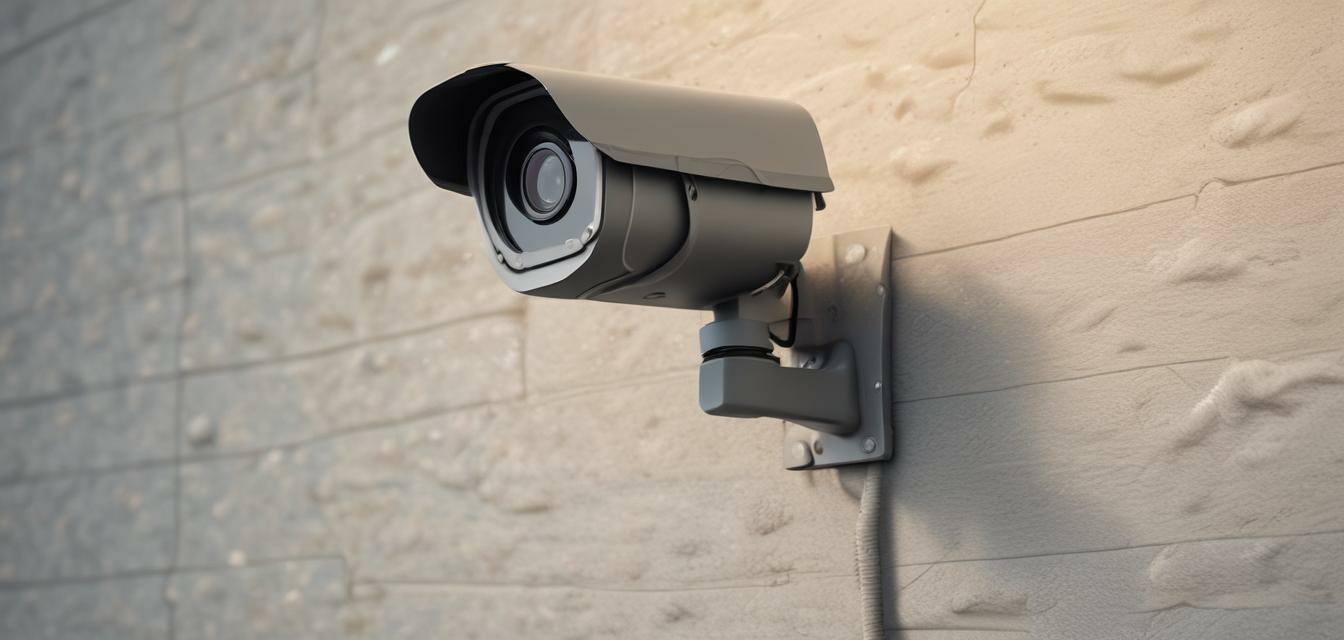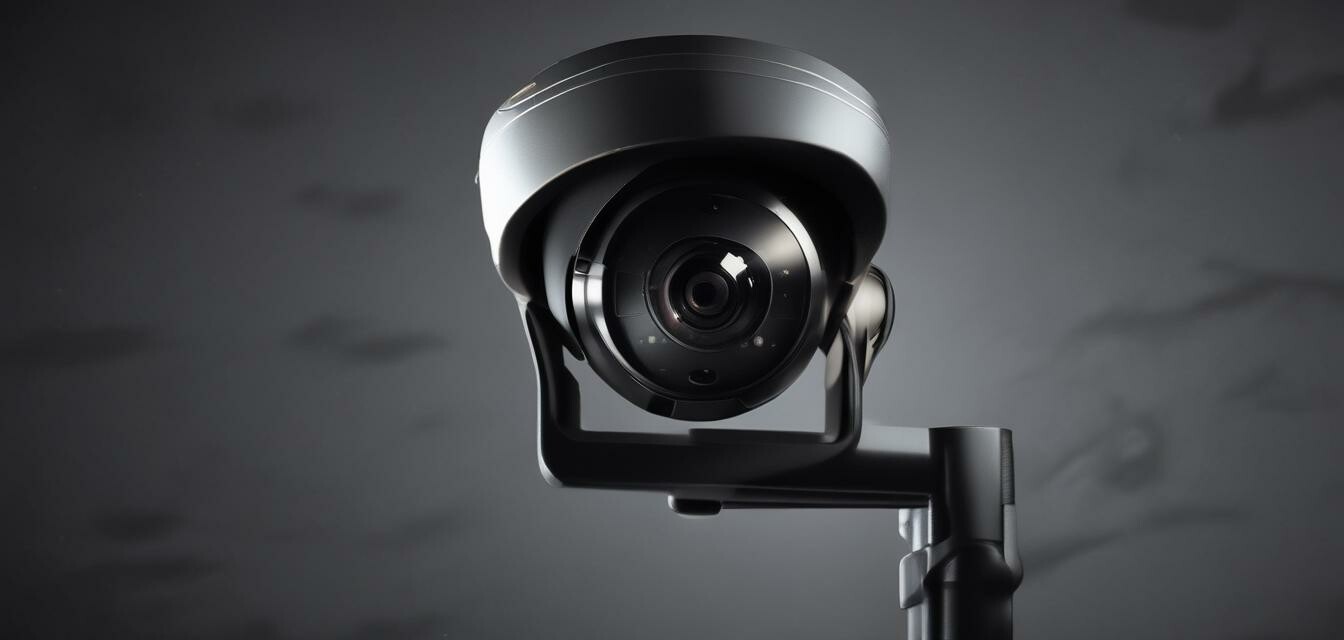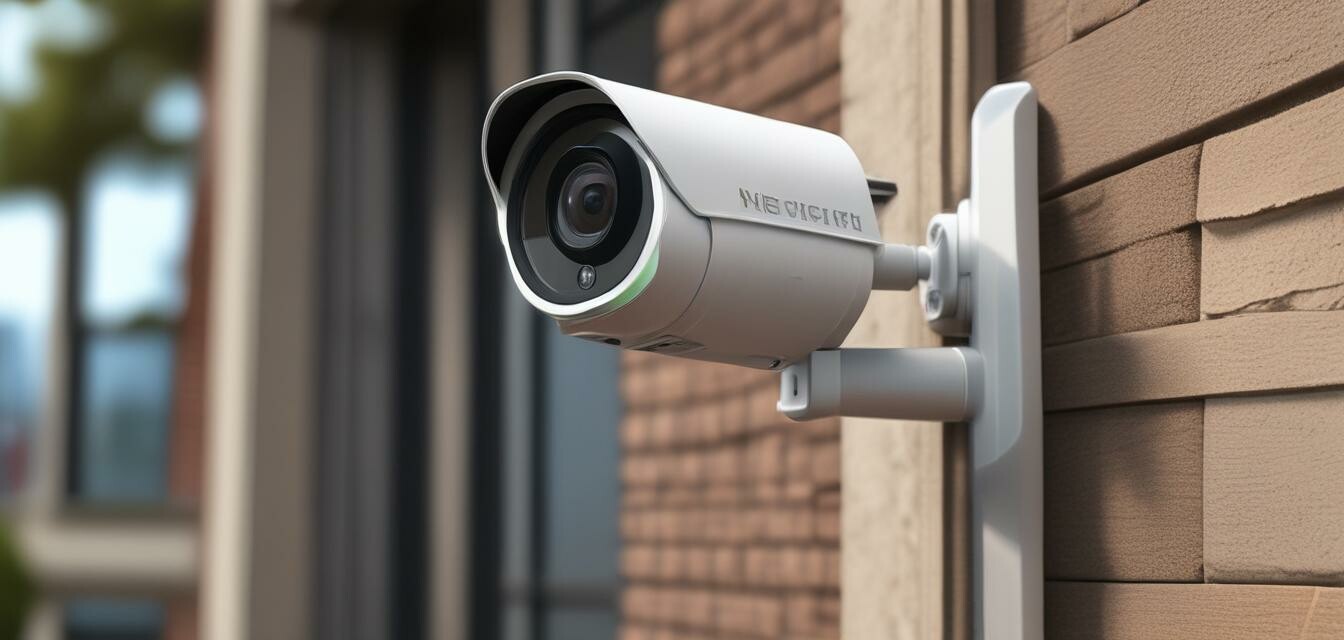
Security Camera Systems: A Comprehensive Guide
As a homeowner, ensuring the safety and security of your property is a top priority. One of the most effective ways to do this is by installing a security camera system. But with so many options available, it can be overwhelming to choose the right one for your needs. In this article, we'll explore the different types of security camera systems, their benefits, and what to consider when making a purchase.
Key Takeaways
- Security camera systems can be categorized into analog, IP, and wireless systems.
- Each type has its own benefits and drawbacks.
- Consider factors such as resolution, field of view, and weather resistance when choosing a security camera system.
Types of Security Camera Systems
There are three main types of security camera systems: analog, IP, and wireless. Each type has its own unique characteristics, benefits, and drawbacks.
| Type | Description | Benefits | Drawbacks |
|---|---|---|---|
| Analog | Uses analog signals to transmit video footage | Affordable, easy to install | Lower resolution, prone to interference |
| IP | Uses internet protocol to transmit video footage | Higher resolution, remote access | Requires network infrastructure, higher cost |
| Wireless | Uses wireless signals to transmit video footage | Easy to install, flexible placement | Prone to interference, limited range |
Analog Security Camera Systems
Analog security camera systems are the most traditional type of system. They use analog signals to transmit video footage from the camera to the monitor or recording device.
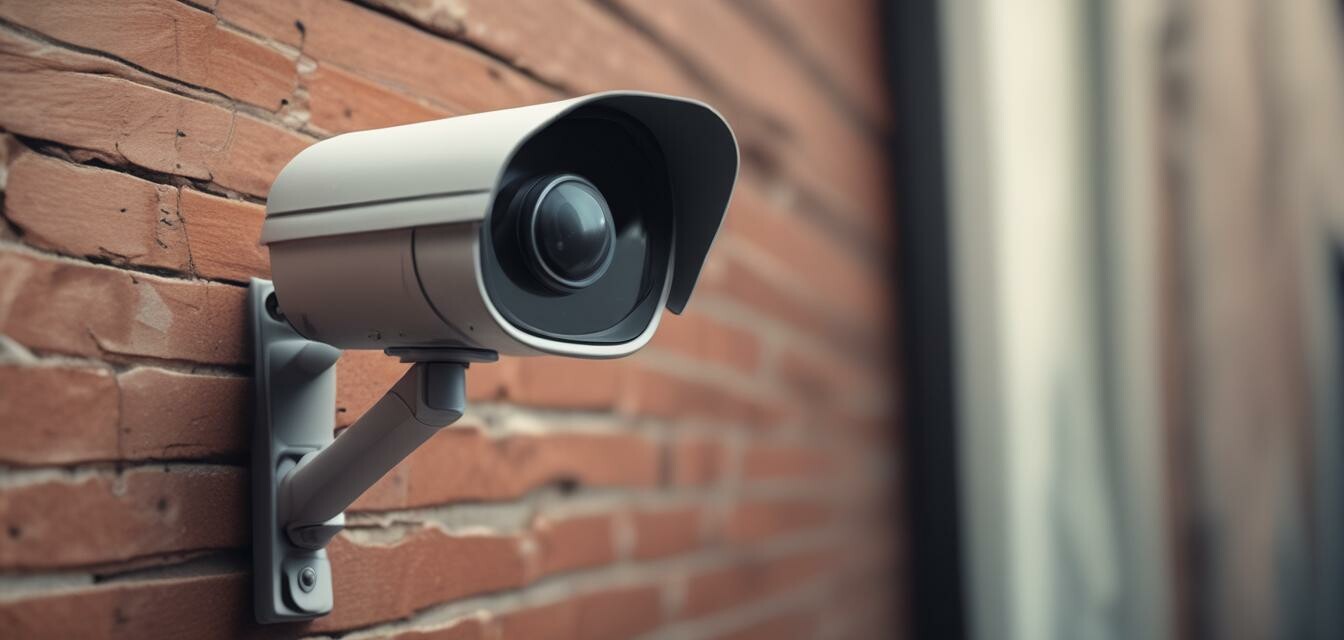
Analog systems are generally more affordable and easier to install than IP systems. However, they have lower resolution and are prone to interference.
IP Security Camera Systems
IP security camera systems use internet protocol to transmit video footage from the camera to the monitor or recording device.
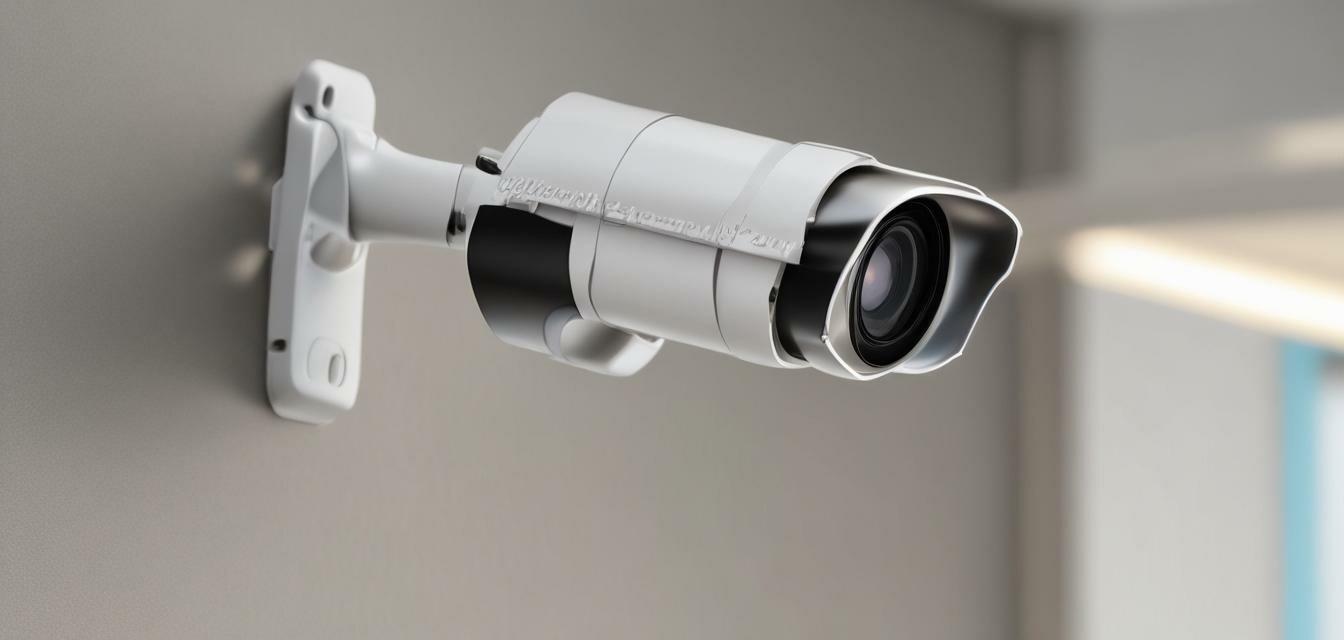
IP systems offer higher resolution and remote access, making them ideal for larger properties or businesses. However, they require network infrastructure and are generally more expensive than analog systems.
Wireless Security Camera Systems
Wireless security camera systems use wireless signals to transmit video footage from the camera to the monitor or recording device.
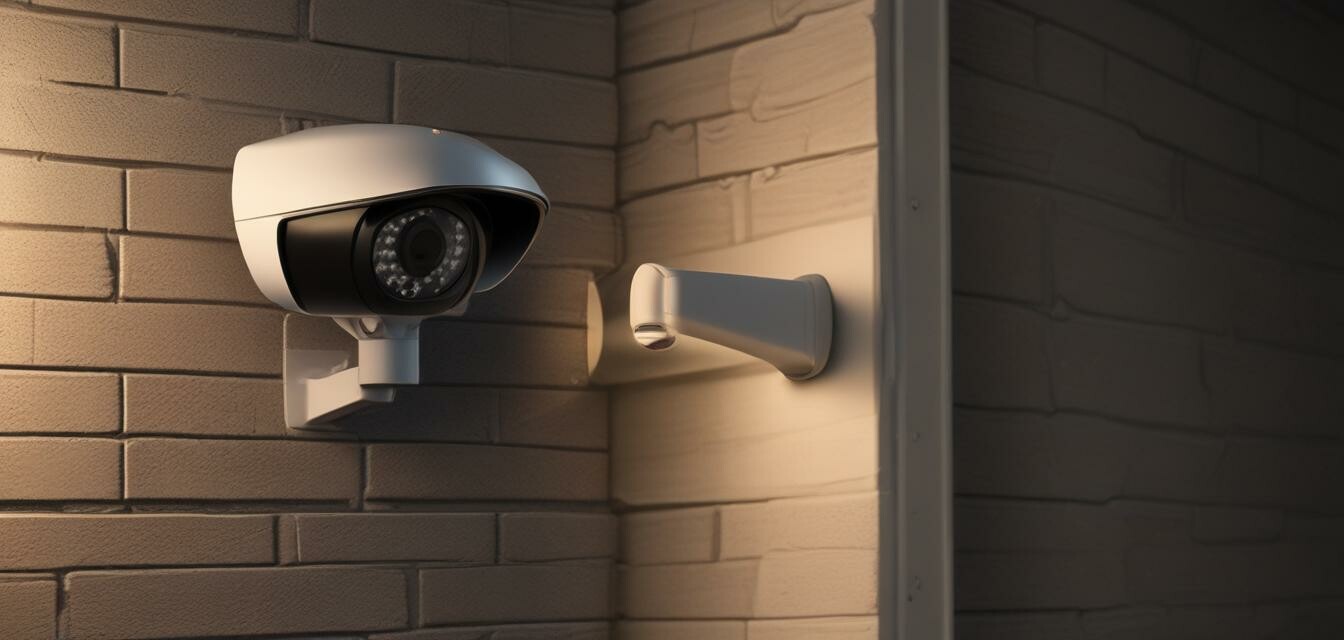
Wireless systems are easy to install and offer flexible placement options. However, they are prone to interference and have limited range.
What to Consider When Choosing a Security Camera System
When choosing a security camera system, there are several factors to consider. These include:
- Resolution: Look for cameras with high resolution (720p or higher) for clear video footage.
- Field of view: Consider cameras with a wide field of view (90° or higher) to capture more area.
- Weather resistance: If you plan to install cameras outdoors, look for weather-resistant models.
- Night vision: Consider cameras with infrared or night vision capabilities for 24/7 monitoring.
- Power supply: Consider cameras with battery-powered or solar-powered options for easy installation.
Conclusion
Choosing the right security camera system for your property can be a daunting task. By understanding the different types of systems available and considering factors such as resolution, field of view, and weather resistance, you can make an informed decision. Remember to also consider your budget, property size, and specific security needs when selecting a system.
For more information on security camera systems and other home security solutions, check out our resources on CCTV Systems, Home Automation Systems, and Smart Doorbell Cameras.
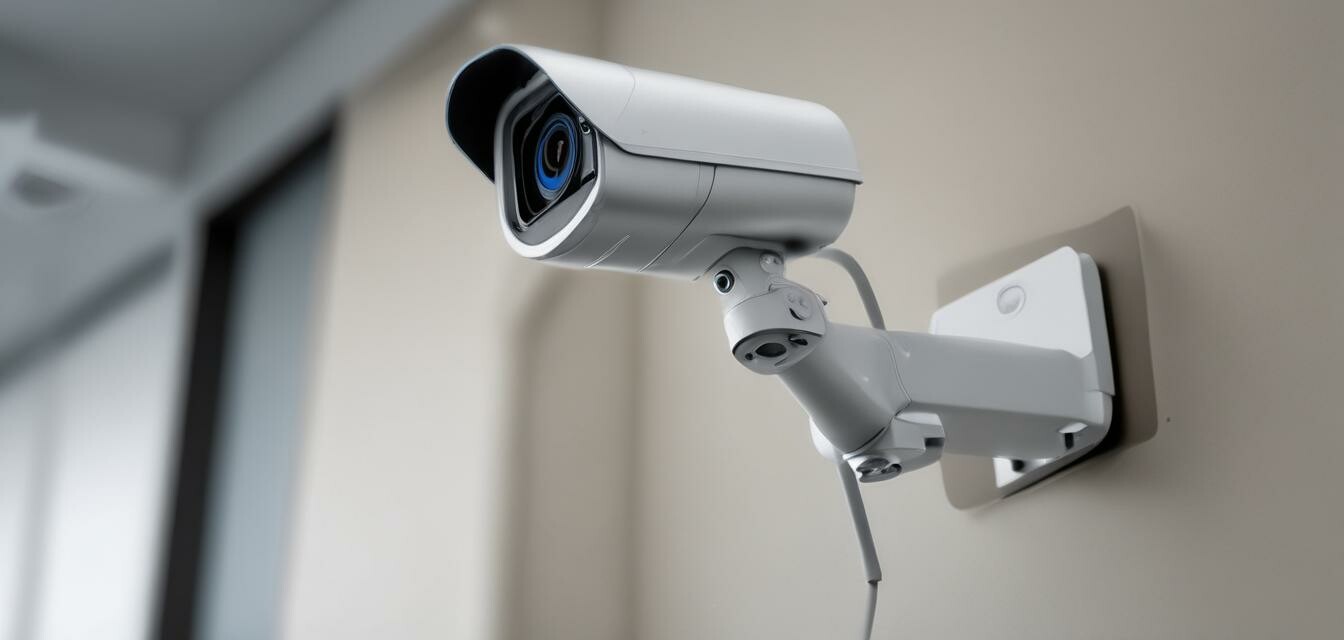
Pros
- Increased security and peace of mind
- Deterrent to potential intruders
- Remote monitoring capabilities
- Improved video quality
Cons
- Higher cost compared to traditional security measures
- Requires network infrastructure for IP systems
- Prone to interference for wireless systems
- May require additional equipment for night vision or weather resistance
Tips for Beginners
- Consider starting with a single camera system and expanding as needed.
- Look for systems with easy installation and setup.
- Check for compatibility with existing security systems or devices.
- Read reviews and do research before making a purchase.


